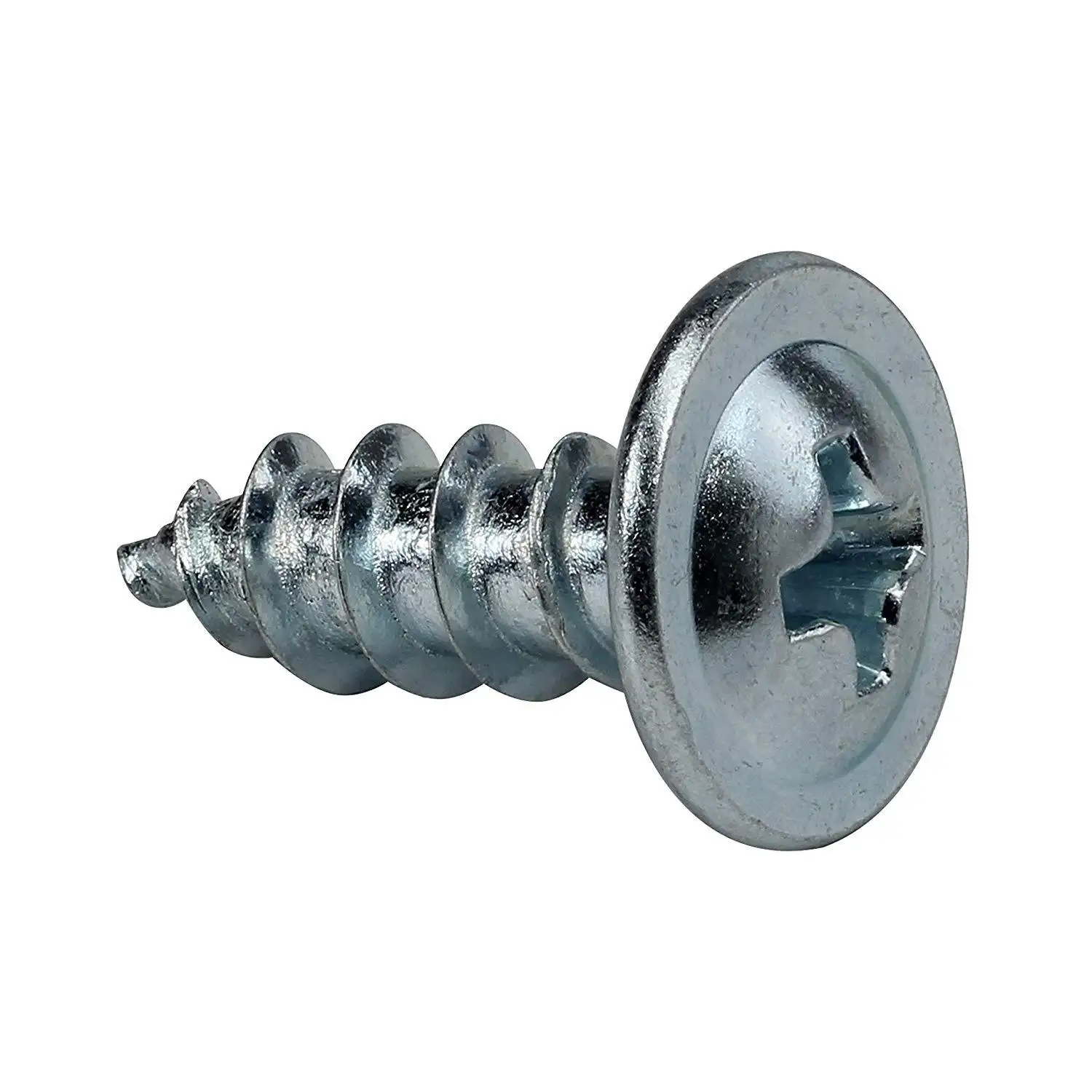M10 Lock Washer - Durable and Reliable Fastening Solution
Understanding the Importance of M10 Lock Washers
Lock washers are essential components used in various mechanical assemblies to prevent loosening of fasteners due to vibration and torque. Among the many types of lock washers available, the M10 lock washer stands out for its specific applications in machinery and construction. Here, we explore what M10 lock washers are, their materials, types, and significance, as well as best practices for their use.
What is an M10 Lock Washer?
The M in M10 denotes the metric screw thread size, which measures 10 millimeters in nominal diameter. Lock washers for M10 bolts or screws are designed to provide a secure connection by creating a friction lock that counters the forces that cause fasteners to loosen. These washers are commonly used in various industries, including automotive, aerospace, and general manufacturing.
Types of M10 Lock Washers
Lock washers come in various designs, each with unique features to address specific tightening needs. The most common types include
1. Spring Lock Washers These washers have a curved shape, which creates tension against the fastener. When installed, the washer compresses under the bolt head, offering a spring action that helps maintain pressure and prevents the assembly from loosening.
2. Toothed Lock Washers These washers possess serrated edges or teeth that dig into the surface of the fastener and the substrate. This biting action provides enhanced grip and is particularly effective in high-vibration environments.
lock washer m10 product

Materials Used for M10 Lock Washers
M10 lock washers are typically made from durable materials, including
- Steel Often coated with zinc to resist corrosion and improve longevity, steel lock washers are strong and reliable for most applications. - Stainless Steel Ideal for environments exposed to moisture or corrosive substances, stainless steel lock washers resist rust and oxidation, making them suitable for marine applications and outdoor machinery. - Plastic Lightweight and non-corrosive, plastic lock washers are used in specific applications where metal components may cause electrical interference.
Importance of M10 Lock Washers in Assembly
The importance of using lock washers cannot be overstated. They play a crucial role in maintaining the integrity and safety of mechanical assemblies. Without lock washers, fasteners can become loose over time due to mechanical vibration, thermal expansion, or shock loads, which can lead to equipment failure, safety hazards, and costly repairs.
Additionally, incorporating the correct type of M10 lock washer in your project enhances overall assembly reliability. Choosing the appropriate material based on environmental conditions further ensures that the connection remains secure.
Best Practices for Using M10 Lock Washers
1. Correct Installation Ensure that the lock washer is installed in the correct orientation (if applicable) and is placed under the bolt head or nut. 2. Regular Inspections Periodically check the tightness of fasteners in critical applications to preemptively address any loosening. 3. Material Compatibility Always select a lock washer material compatible with the fastener and the environment to avoid corrosion and ensure longevity.
In conclusion, M10 lock washers are a small but mighty component in ensuring mechanical stability and safety. Understanding their functions, types, and proper application can significantly enhance the performance and reliability of your assemblies.
-
Top Choices for Plasterboard FixingNewsDec.26,2024
-
The Versatility of Specialty WashersNewsDec.26,2024
-
Secure Your ProjectsNewsDec.26,2024
-
Essential Screws for Chipboard Flooring ProjectsNewsDec.26,2024
-
Choosing the Right Drywall ScrewsNewsDec.26,2024
-
Black Phosphate Screws for Superior PerformanceNewsDec.26,2024
-
The Versatile Choice of Nylon Flat Washers for Your NeedsNewsDec.18,2024










